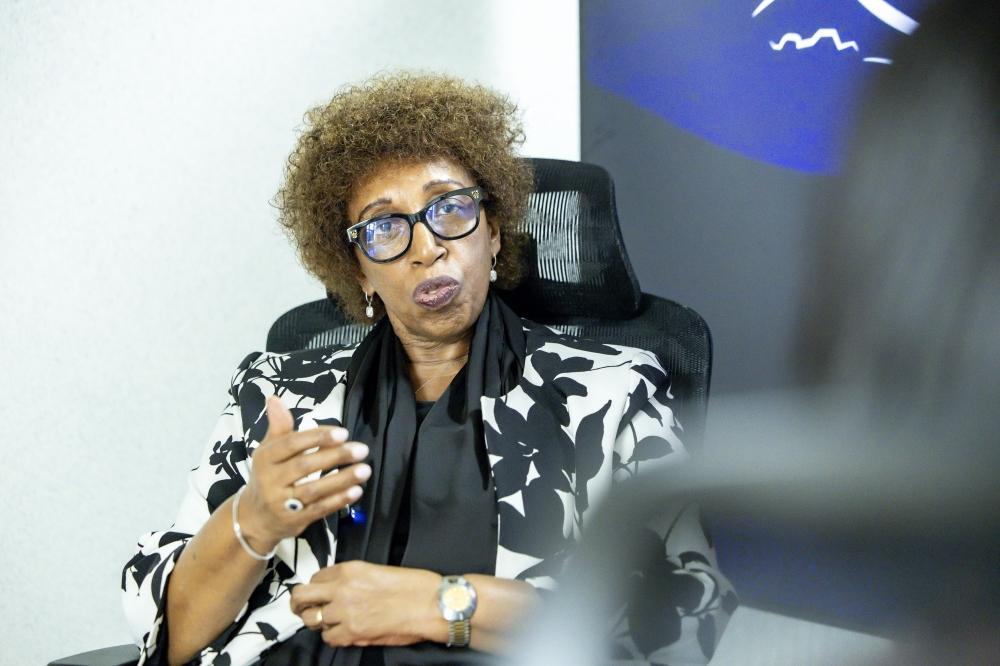Africa-Press – Rwanda. As the International Security Conference on Africa (ISCA) convenes in Kigali from May 19 to 20, 2025, it is critical for the continent to put a unified stand in the face of all the security challenges that continue to blight different regions.
This event, which is the first of its kind, brings together policymakers, security experts, and civil society actors to address pressing challenges such as terrorism, cyber threats, political instability, and transnational crimes.
The significance of ISCA lies not only in its agenda but in its potential to catalyze a paradigm shift. For too long, Africa’s security architecture has been influenced by external actors, often sidelining indigenous solutions.
This kind of architecture has in most cases deepened or further complicated security challenges, mainly because those behind it either lack context or at worst, after their own interests, at the expense of Africans.
ISCA will therefore offer a platform to amplify African voices and champion homegrown strategies tailored to the continent’s unique contexts.
However, the success of such initiatives hinges on commitment beyond conferences and their resultant resolutions. African countries must demonstrate political will to implement resolutions and invest in institutions like ISCA.
Empowering ISCA with adequate resources and authority is essential to translate dialogue into action and foster sustainable peace for this great continent that has suffered greatly.
Moreover, it’s imperative to recognize that Africa’s security challenges cannot be outsourced. While international partnerships are valuable, the primary responsibility for peace and stability rests with African states. By embracing this responsibility, the continent can develop resilient systems that reflect its values and priorities.
As ISCA goes underway in Kigali, let it mark the beginning of a renewed commitment to African-led security solutions. Through unity, determination, and strategic investment, Africa can chart a course toward a more secure and sovereign future.
Source: The New Times
For More News And Analysis About Rwanda Follow Africa-Press






